Norwich faces $12 million deficit
Norwich University currently has a deficit of around $12 million, the president said in a meeting with faculty and staff.
Norwich President Mark Anarumo held a town hall meeting December 1 to address the deficit and the university’s plan to address the $12 million shortfall in the budget. Anarumo said this deficit will be handled through attempts to increase revenue through recruitment.
“There are a lot of moving pieces in that,” he said.
It is unclear if and to what extent the deficit will impact student experience.
Anarumo said this would be the third instance during his presidency where he has had to help the university out of a similar spot.
“We have had a two and a $4 million shortfall to correct before, and this one is a little bigger,” he said. “But in all honesty, it will come back faster.
“Because when your small classes graduate and you replace those with large freshman classes, your revenue just begins to come back again.”
Enrollment is by far the biggest contributor to lost university funding, with a large portion of revenue stemming directly from enrollment for most universities.
During the brunt of Covid, During Fiscal Year 2020 Norwich had $3 million in lost revenue and incremental expenses, largely due to a return of room and board fees. Norwich also incurred more than $100,000 in unforeseen costs, including transitioning to online learning during the spring 2020 semester. For Fiscal Year 2021, the estimated cost of COVID-19 testing for students, faculty, and staff is estimated to have exceed $1 million.
But Covid is not out of the enrollment pipeline yet, as the current juniors indicate the portion of the student population who started college during the pandemic, and they are the smallest undergraduate class enrolled at Norwich.
It takes four years for a small incoming class to move all the way through to graduation, so the school is still living with a decreased revenue because of what was a small freshman class.
Traditional undergraduate enrollment has almost completely bounced back from the pandemic decline, with the current freshman class a few students shy of reaching an all-time high.
Anarumo said there are attractions the university is working on to draw in more students to boost revenue, including a strategic broadening of the leadership appeal of the university to include other leadership positions outside of the military.
Anarumo said Norwich is not planning to cut costs through a reduction in the headcount of employees. In fact, the university gave raises to employees during the pandemic. Turnover may be high at Norwich, but the president claims there is currently no hiring freeze, citing that people move on for various reasons.
“What we will try to do is reward those that are here and give them the opportunity to instruct more classes, handle those jobs internally,” he said.
Students can also expect to see a continued tuition increase of 2-3% over the next few years. This can still be a challenge, as inflation is closer to 8-9% a year.
Anarumo also spoke on the university’s commitment to trying to help students and families who might’ve been affected by the price changes in the face of a challenging pandemic.
All this means the admissions team must work harder to help these families financially and convince them Norwich is worth the investment.
Your donation will support the student journalists of Norwich University. Your contribution will allow us to purchase equipment and cover our annual website hosting costs.
Will Coryer is a editor for the Guidon. He is currently a senior civilian student, graduating with the class of 2023. Will is majoring in Communications...











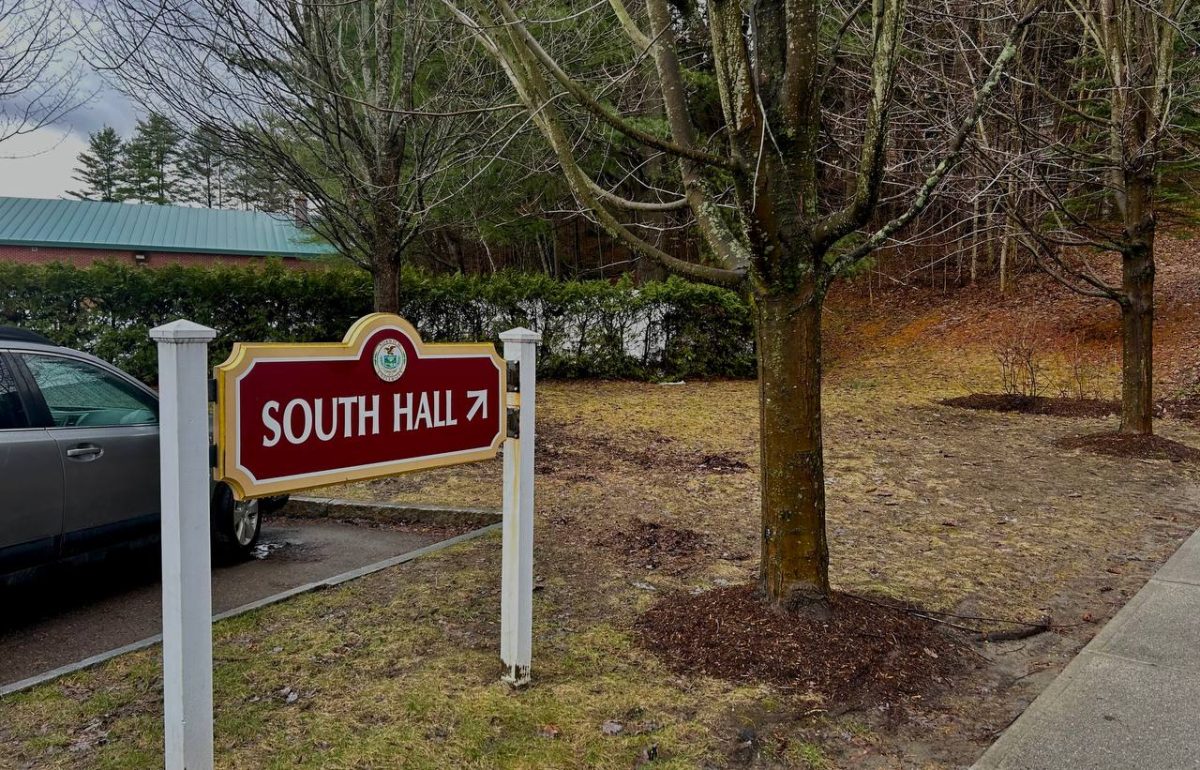
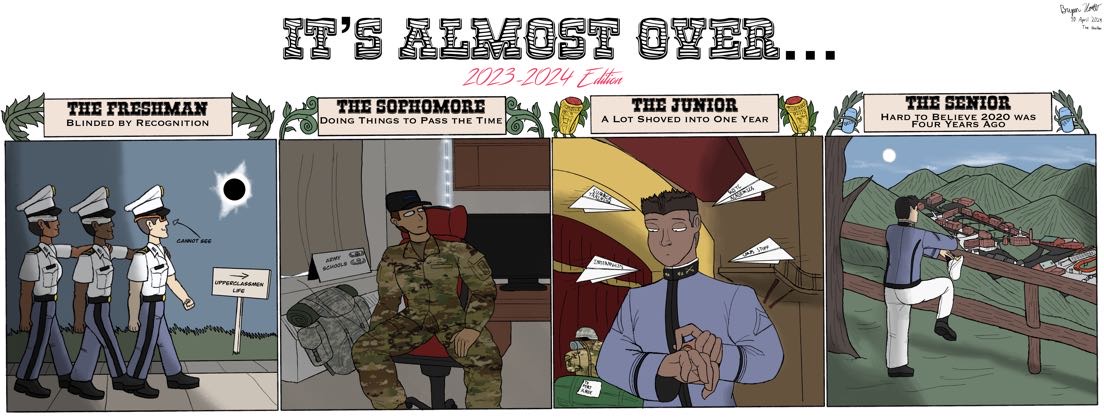
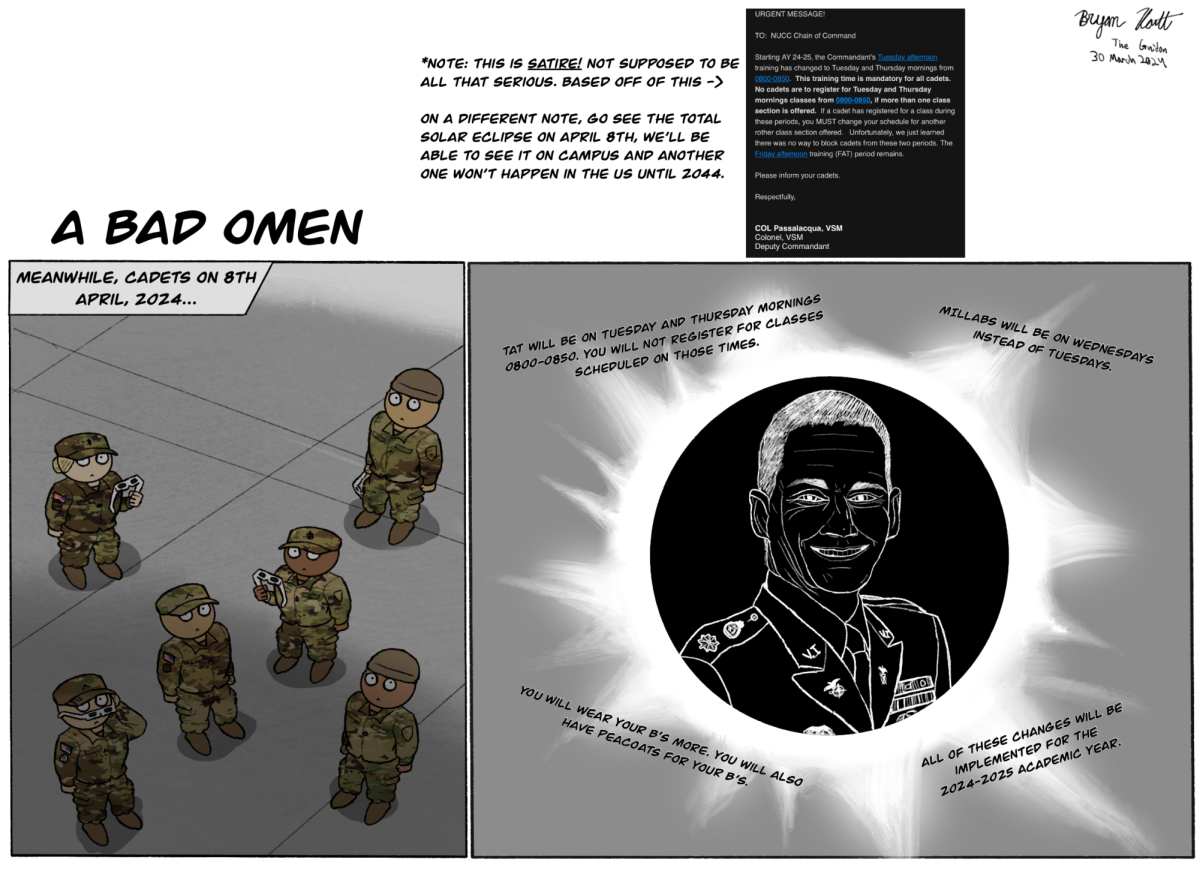

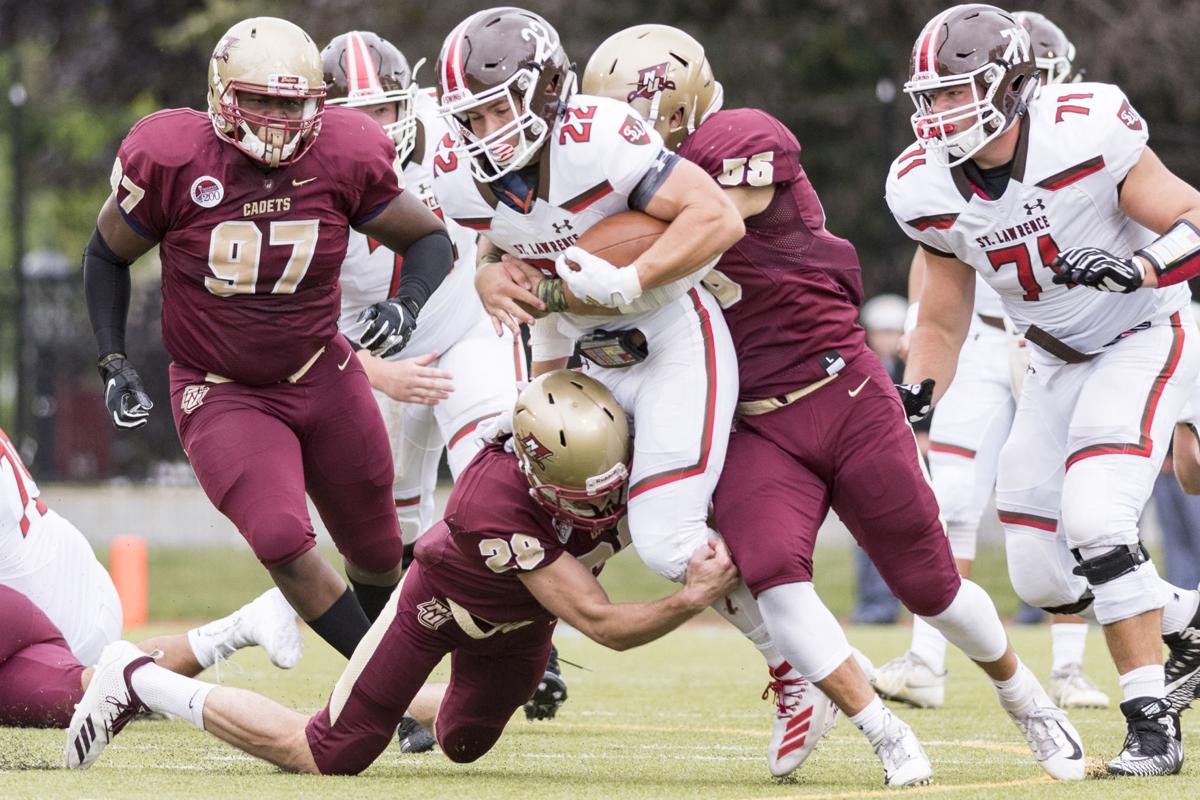


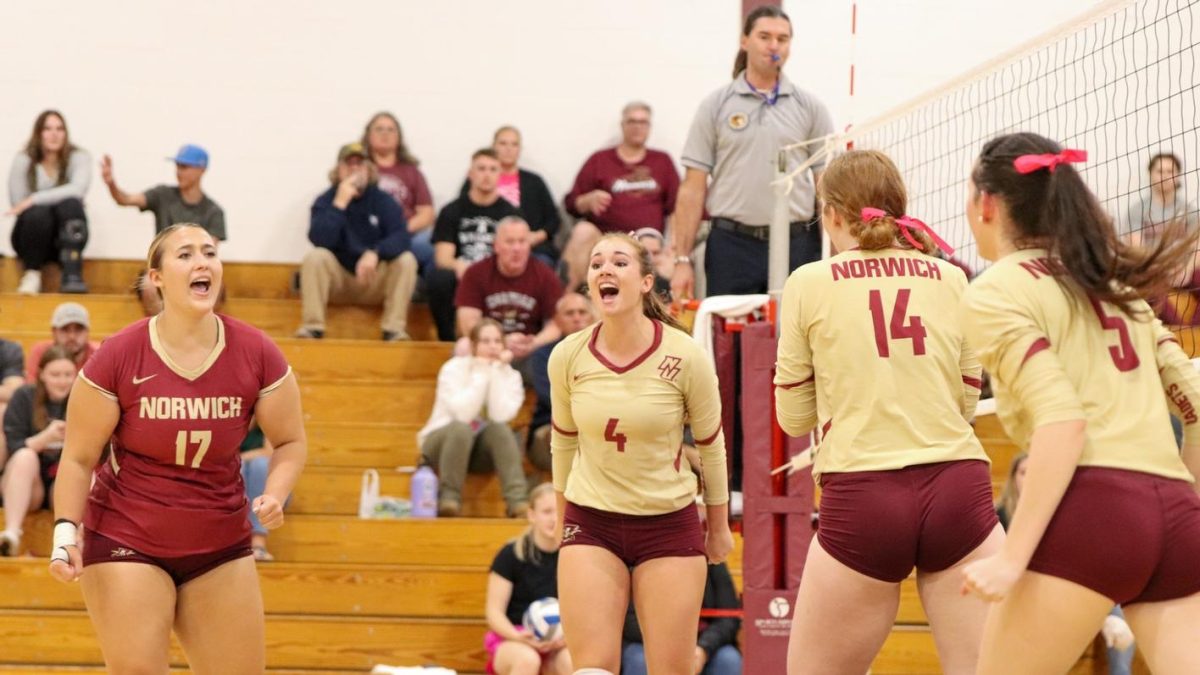

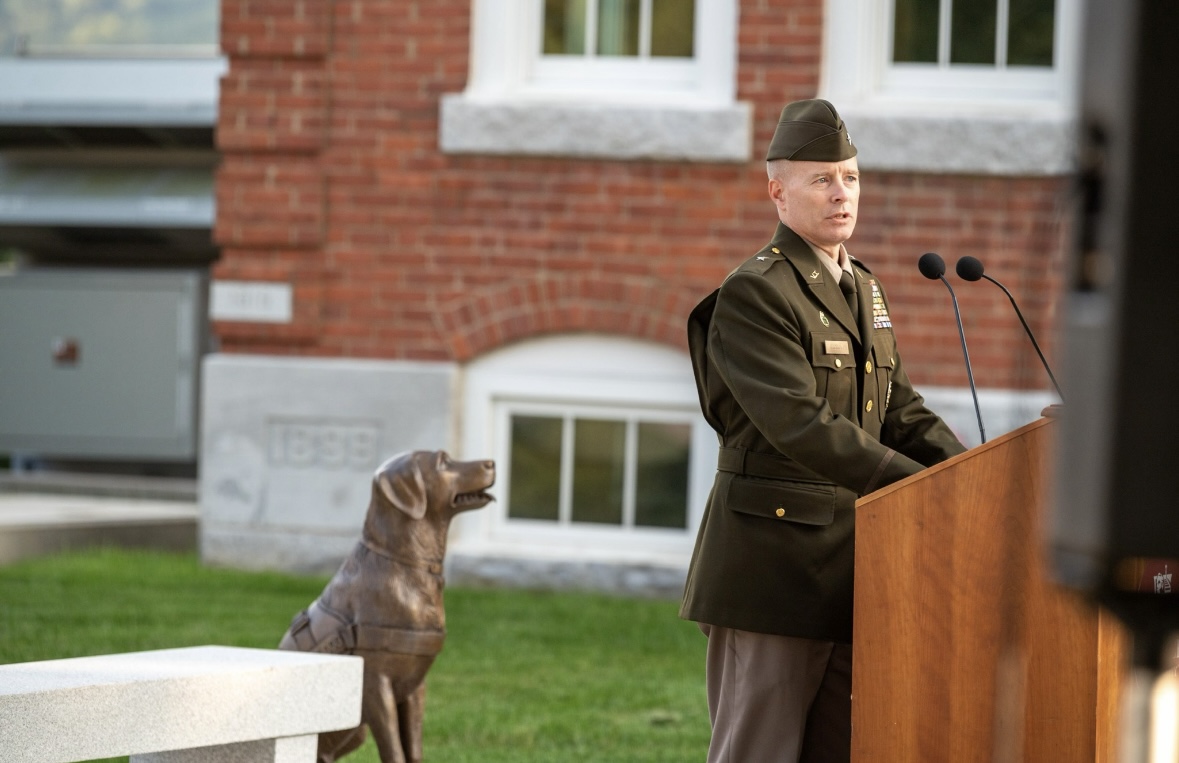




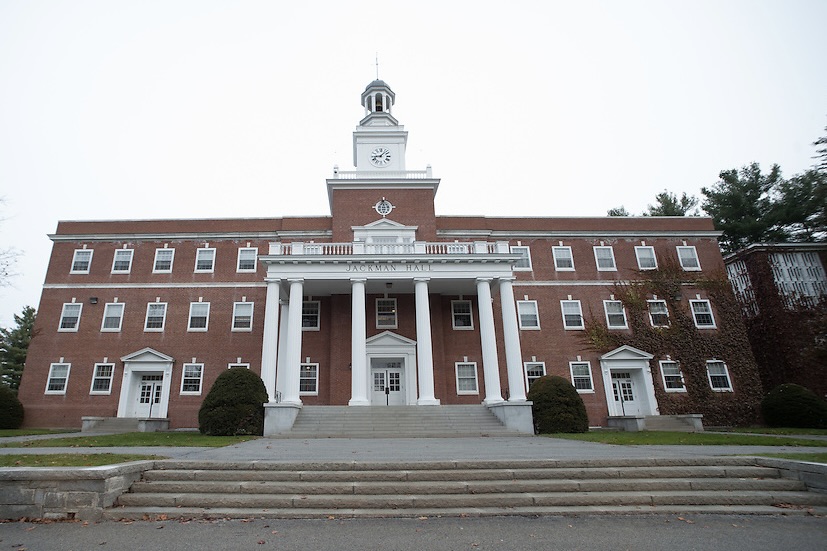

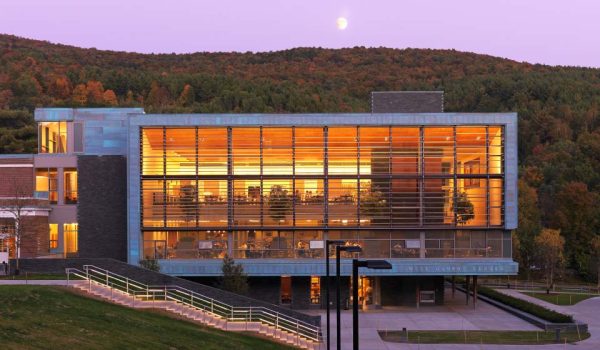



Russell Chisholm • Jan 7, 2024 at 8:52 am
The University needs to take a hard look at its administration costs and see if they can eliminate administration positions at the highest levels (ei: Vice President positions). Although some maybe necessary, they represent your highest salary positions. Each needs to be evaluated and determined if they are worth the cost and if the mission can be accomplished with a lower level position.